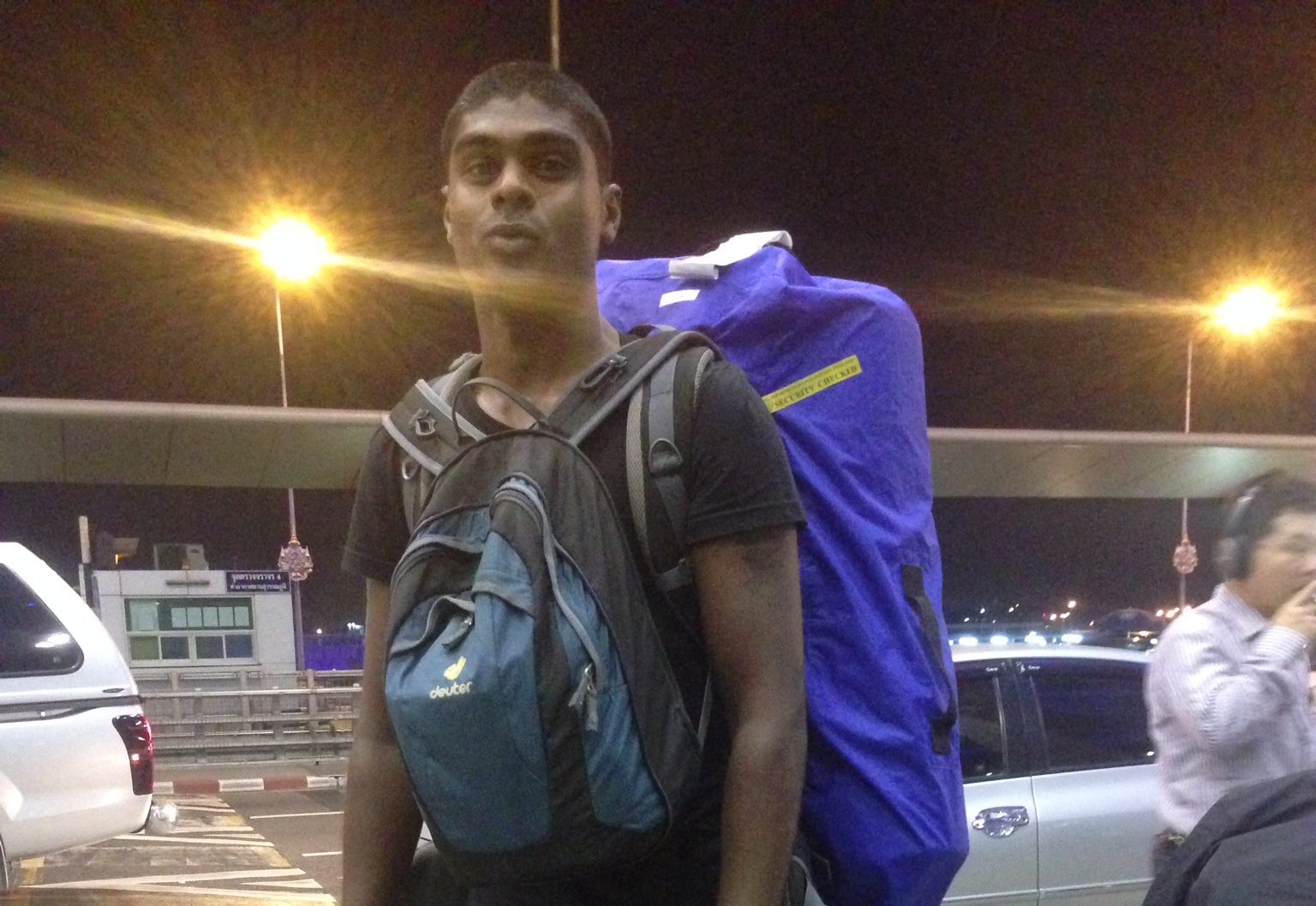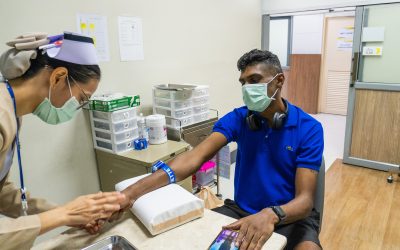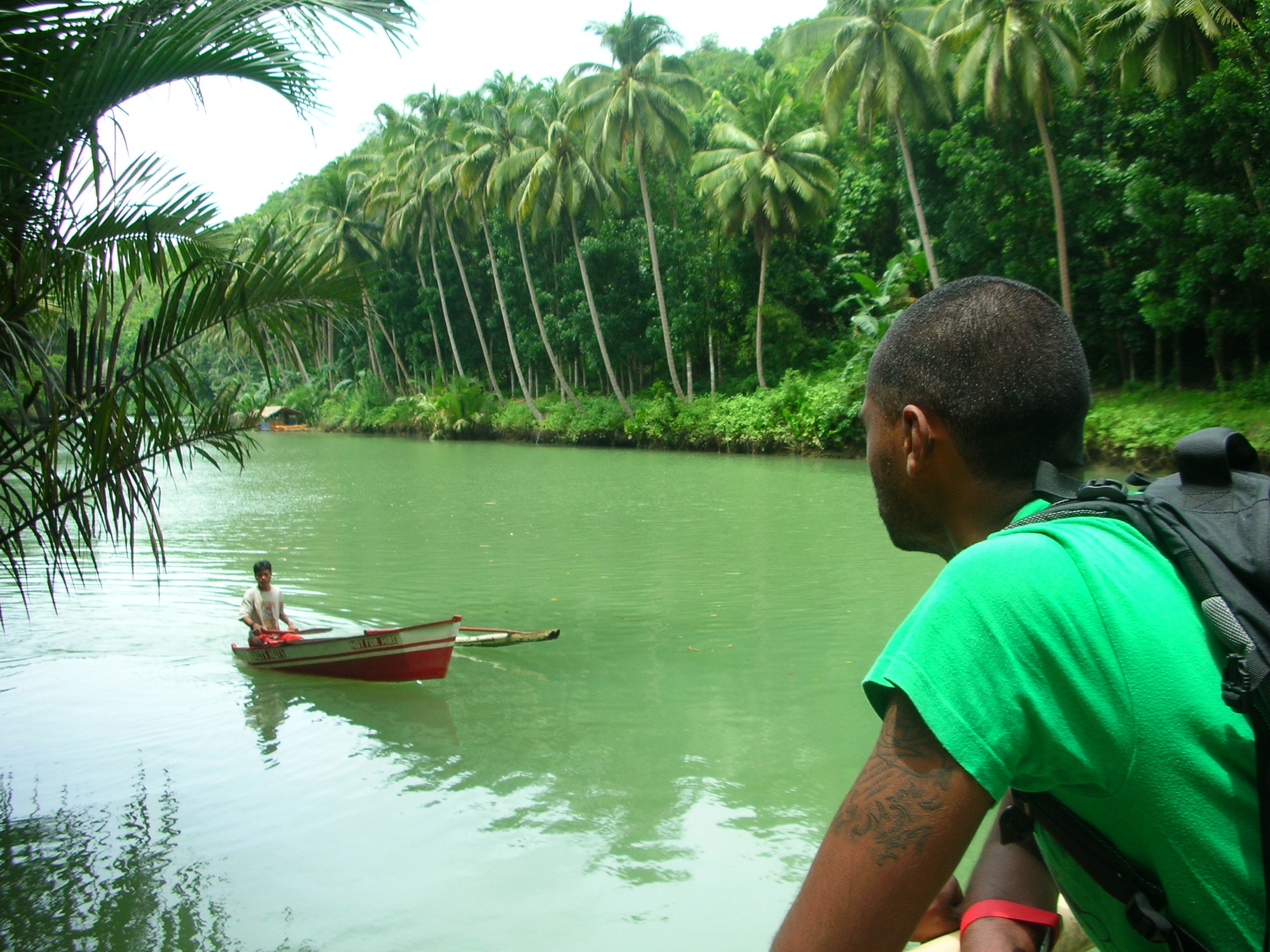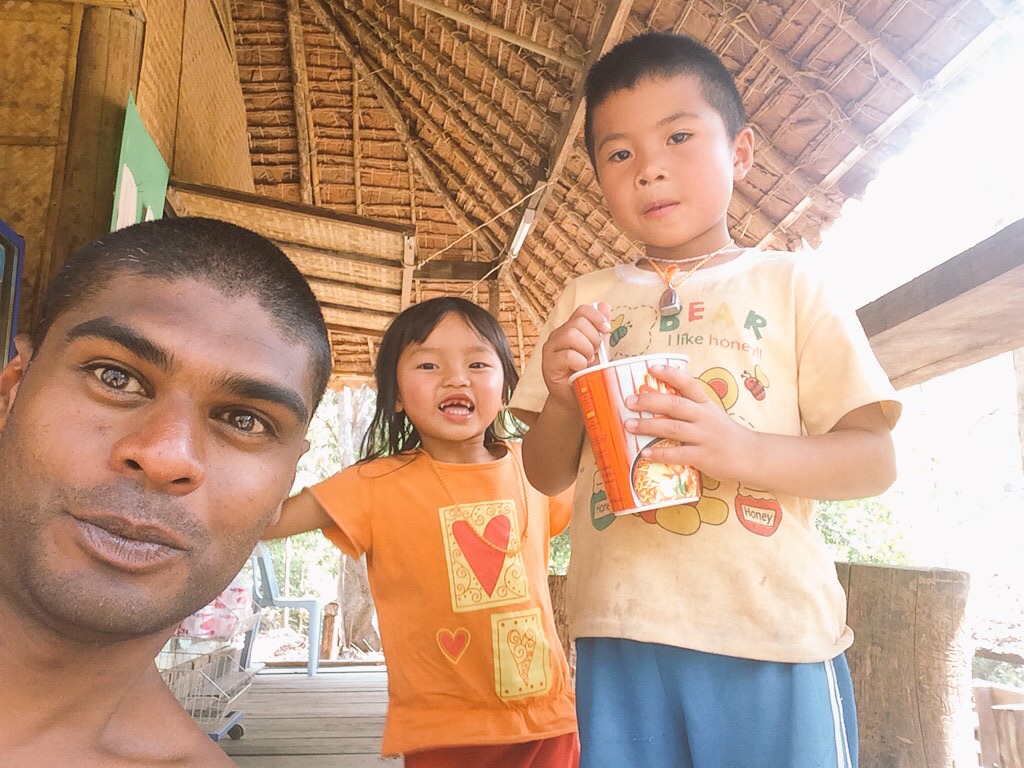Listen to the BBC The Why Factor PTSD podcast
There are a number of reasons why I believe Trauma Focused CBT was so effective in reducing my symptoms of PTSD.
Please keep in mind that I am not a PTSD expert, and the following views and opinions are my own. I believe everyone is different and some may react better to different types of treatment combined with aspects of Trauma Focused CBT. I certainly don’t think there’s just a generic quick fix solution for PTSD.
For years prior to my initial PTSD assessment, I was only offered general therapy. Why did I respond so positively to CBT when compared to taking medication on its own, or combining medication with general therapy? The following is why only Trauma Focused CBT was so effective in helping me deal with what happened during the trauma of the search and rescue, and the years that followed.
1. The science of what happens in your brain
Trauma Focused CBT – it’s not patronising, it’s scientific. By understanding how your brain reacts to extreme trauma, and how it processes those memories, gave me a better understanding to what was going on internally. It also laid the foundation for how the treatment could reduce the intensity of my symptoms.
2. 12 weeks of study
Unlike general therapy, which was the equivalent of opening “Pandora’s box”, as there was no focus, goal or coping mechanism discussed. There was just a random 45 minute haphazard conversation. The Trauma Focused CBT was a very structured period of learning. There were clear goals set, your progress was monitored, and targets reviewed, which ensured that you were developing the skill set to move forward and use these skills independently once the period of learning was over. The patient is empowered as he or she doesn’t feel dependent on a therapist at the end of the treatment.
3. Coping mechanisms and breathing
Before discussing the trauma in detail, I was reassured and supported by discussing specific techniques and modes of thought to practice and internalize in everyday life, and more specifically, to use when I was writing the trauma narrative. Mindfulness was fundamental to help build the resilience to keep working through the events of the 24 hours of the search and rescue with the support of Dr. Wild.
4. Changes the way you think
Repetition increases the likelihood of repetition. The trauma focused CBT reinforced that I could reflect and think about what happened from a fairer perspective, essentially a less critical internal voice. By discussing my core beliefs and questioning my initial reactions to the trauma, I was able to reduce the intensity of the survivor’s guilt and flashbacks.
5. Trauma narrative
Once I felt in a more stable place mentally, I was able to start on my trauma narrative with the support and guidance of Dr Jennifer Wild. Each week we read through my progress and discussed the numerous traumatic events. We talked through the unhelpful thought patterns that had developed as a result. With out the Trauma Focused CBT there would have been no way I could have written my Trauma Narrative. The following is taken from my “end of treatment self assessment.”
“…prior to receiving Dr. Wild’s treatment I would over emphasise different events without taking into account the importance of events before and after. Essentially by being able to write out the narrative of my experience in a fair amount of detail, I was able to clearly see the information that was “missing” and how by incorporating this into my memories, the intensity of the flashbacks lessened. This was the key to reducing my survivor’s guilt, as I unfairly blamed myself for things which were clearly out of my control. An example of this would be how I felt about not being able to rescue the French couple in the room below mine. Prior to treatment I would have intense flashbacks of the French lad letting go of the towel to rescue his girlfriend, which resulted in their death. I felt angry that I couldn’t do more, especially considering I was so close to rescuing him. However, by writing my narrative, I finally accepted that he did the right thing by letting go of the towel to try to save his girlfriend. Even though they died, I understood why he did it and accepted that I would have done the same in his position. By incorporating this, I stopped blaming myself for not being able to save him. Even though it’s horrific to remember, the memory is not intertwined with immense guilt like before.”
6. Ignore other common everyday problems
By focusing on the core issue and not being distracted by common problems for non-trauma victims, we cut straight to the chase. Things like childhood, family, relationships, and substance abuse were not a focus at all. I had struggles with all of those everyday problems but my PTSD was not caused by alcohol or drug use. They were just symptoms of the root cause, namely the trauma. There was no pressure to reduce my drinking and substance use as they were not interfering with my ability to learn new skills or fairly reflect on my past. By completing the trauma treatment, the everyday problems weren’t the problems they were before.
7. Like learning the physiotherapy to help strengthen a damaged muscle
Initially, I learned how to recognise and deal with the unhelpful thoughts and reactions with Dr. Wild’s support. Towards the end of the treatment, I was dealing with more and more of the trauma on my own. This helped me just focus on the key triggering events during the search and rescue.
“Dr. Wild helped me develop the skill set to reprocess the trauma with the information I know now.”
8. Does not create co-dependance on a therapist
Considering the amount of trauma I was exposed to, how guilty I felt about it, and how bad things were in my life, I thought I’d be in therapy forever. This was always a barrier to seeking help. However, Dr Wild’s Trauma Focused CBT eventually felt more like a psychology module at university, where each week I was visiting my tutor for help with my thesis. Although in my case, it was a trauma narrative. I believe everybody reacts to trauma differently due to incalculable cultural and personal factors. Hence, this is why the patient needs to be able to learn the core skills to deal with trauma on their own for the long-term. The foundation is the 12 weeks of Trauma Focused CBT study. Then you can tailor what you’ve learned to your own life and beliefs. At the end of the treatment, I felt further sessions with her weren’t essential because I believed I knew how to treat myself.
“By understanding the key traumatic points during the tsunami and how I initially felt about it. I understood why I have had such problems and how to overcome unhelpful thinking.”
Obviously, I could go into more detail but I wanted to keep this post short and I believe the points I have listed above are what stood out to me the most when thinking about how CBT was effective.





0 Comments